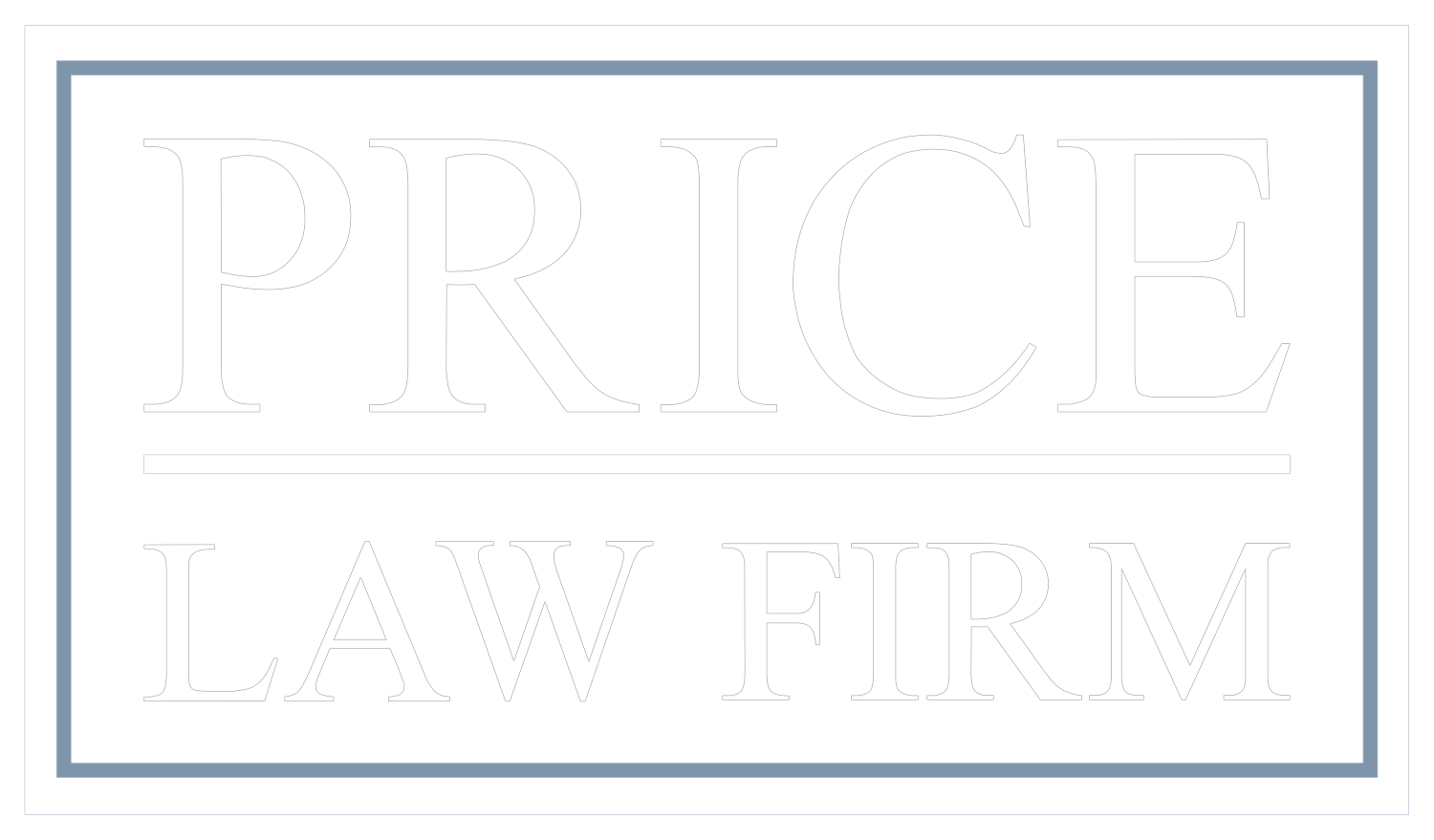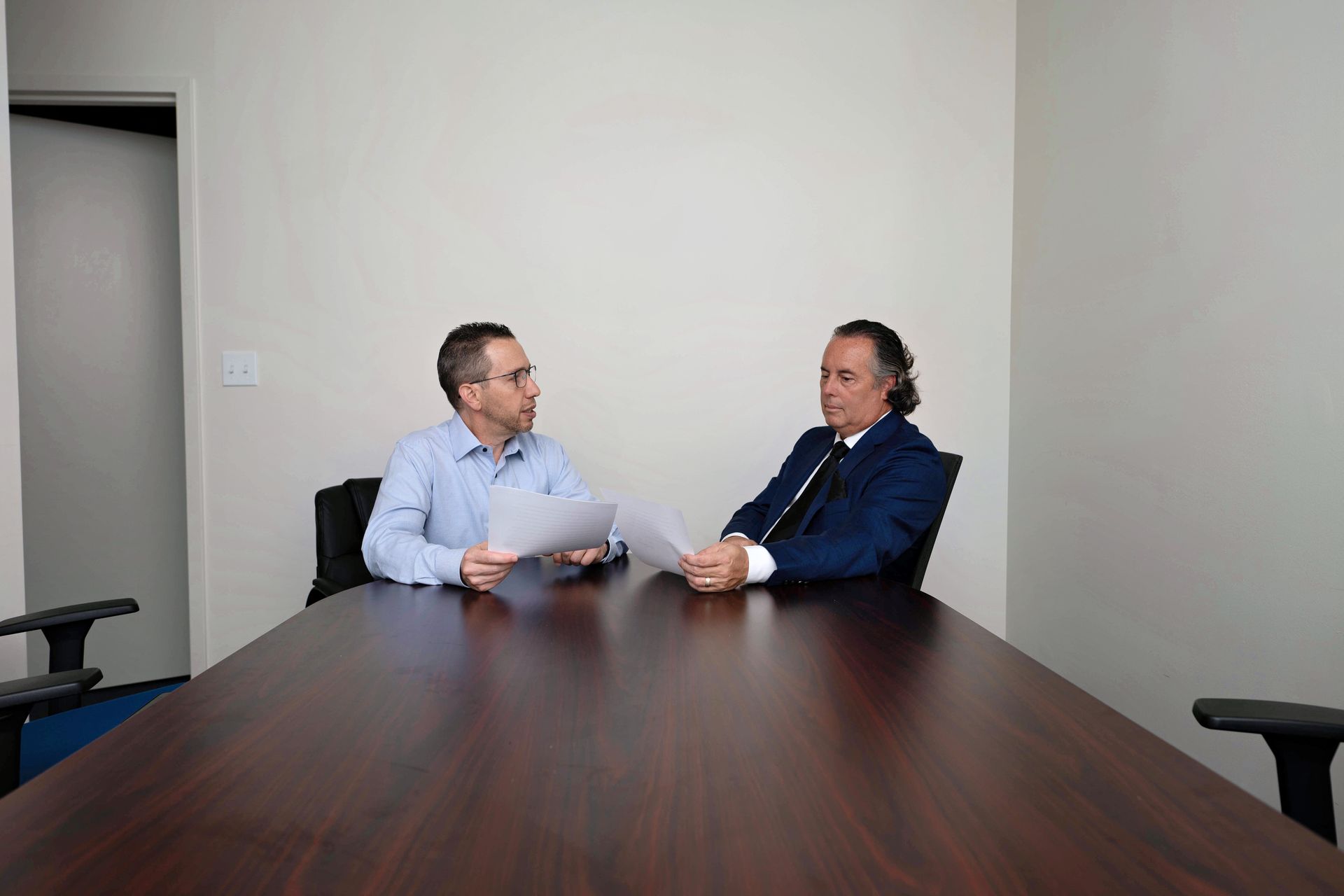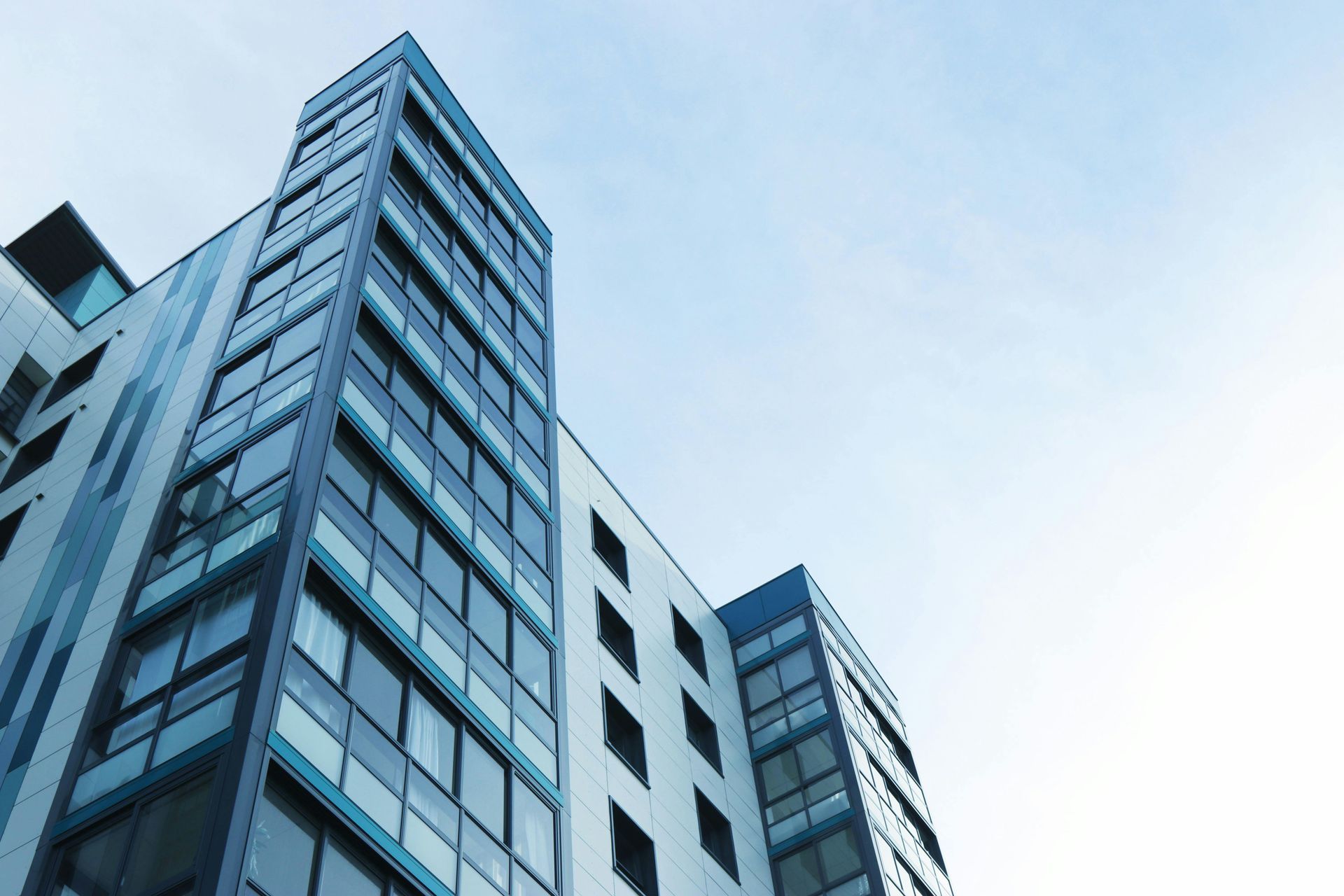
Lease Terms to Watch Out For When Negotiating a Laundromat Lease in New York
If you are representing a laundromat tenant—or are one yourself—navigating a commercial lease in New York City requires more than just an eye for rent and square footage. Laundromats are a unique use case: heavy water, drainage, venting, floor load, and hours of operation can all make or break the business. Landlords and their attorneys often present boilerplate lease forms that aren’t written with laundromat operations in mind. That is where careful review and strategic negotiation come in.
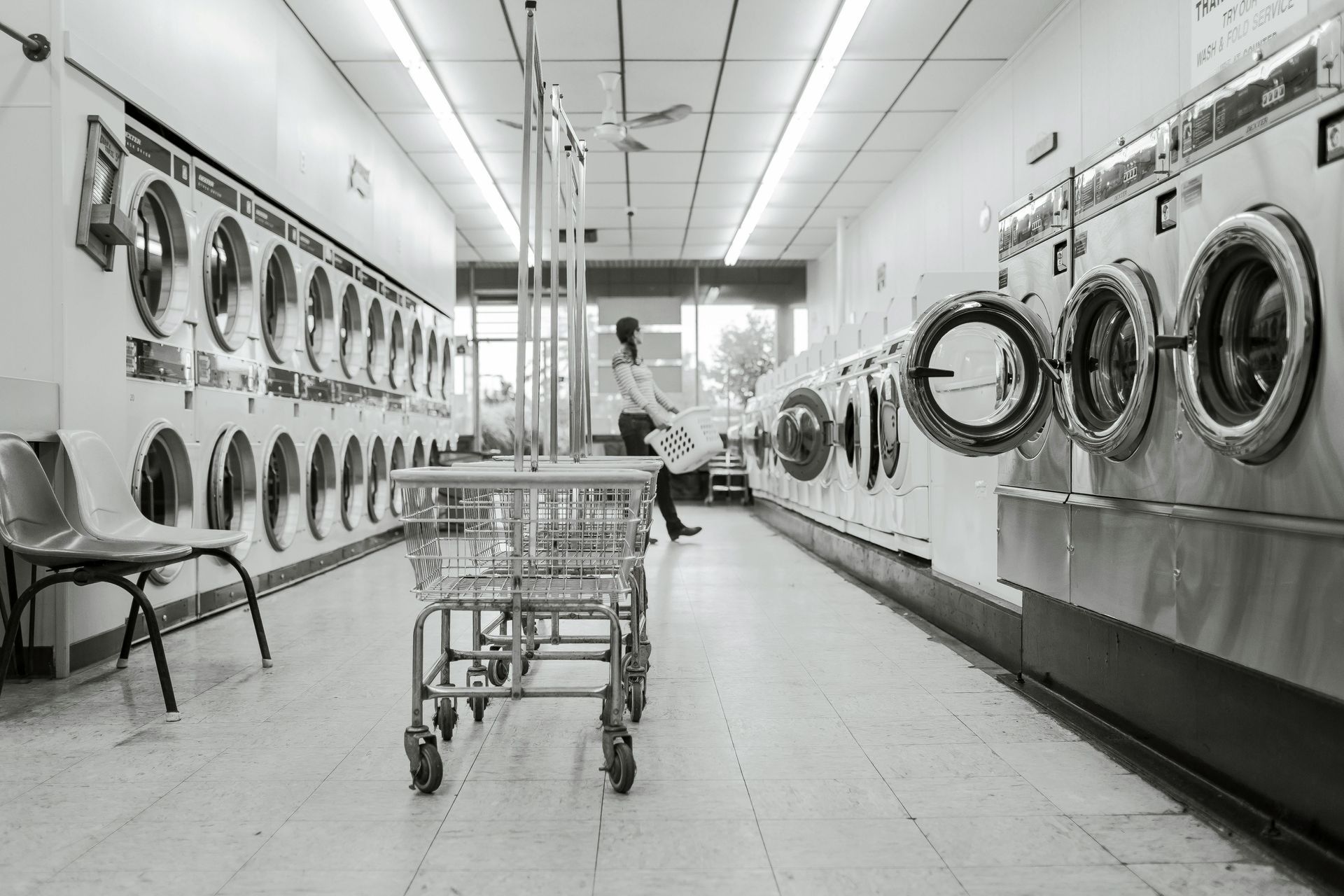
Here are key lease terms to scrutinize and negotiate when leasing space for a laundromat:
1. Use Clause
Negotiate a broad and exclusive use clause. It should explicitly permit the installation and operation of washing machines, dryers, extractors, water heaters, vending machines, folding tables, and any ancillary retail (like detergent sales). Be wary of vague or overly restrictive language. You should also seek exclusive rights within the building or shopping center to operate a laundromat.
2. Utility Capacity and Infrastructure
Standard lease language will not guarantee that the space can handle the electrical, water, gas, or venting needs of a laundromat. You will want:
- A representation from landlord about existing utility capacity;
- The right to upgrade utilities at the tenant’s expense;
- Approval to install exterior venting, roof penetrations, and drainage lines;
- A right to terminate (or receive a rent credit) if building systems cannot support your operational needs.
3. Floor Load and Vibration
A standard retail lease likely says nothing about floor load capacity or vibration issues. Washing machines and extractors are heavy and can cause structural stress and noise complaints. Request:
- Confirmation from the landlord (or landlord’s engineer) that the premises can accommodate the proposed live load;
- Rights to install vibration isolation and dampening systems;
- A waiver or indemnity against nuisance claims from neighboring tenants if the machines are installed according to spec.
4. Alterations Clause
Most alteration clauses prohibit structural or mechanical work without landlord consent. For a laundromat, that is a non-starter. Amend the clause to:
- Allow for “Initial Installations” of mechanical systems, venting, plumbing, and floor drainage with only notice or limited approval;
- Avoid subjective standards like “landlord’s sole discretion”;
- Provide pre-approval for machine swaps or layout changes.
5. Hours of Operation
Some landlords limit hours for retail tenants. That can be fatal to a laundromat, especially if the business model includes late-night or 24-hour service. Make sure the lease provides unrestricted access to the premises, utilities, and building entrances at all hours.
6. CAM and Utility Costs
Scrutinize how common area maintenance (CAM), taxes, and utility charges are calculated. Because laundromats are high-usage tenants, you will want:
- Separately metered utilities wherever possible;
- Limitations on the types of charges that can be included in CAM (e.g., avoid sharing costs for unrelated amenities or marketing);
- A cap or audit rights on variable CAM expenses.
7. Insurance and Indemnification
Laundromats present a unique risk profile—flooding, fire, and injury risks are higher than a typical retail tenant. Tailor the insurance provisions accordingly. Ensure:
- The landlord is required to carry adequate property insurance;
- Your indemnity is limited to your negligence or willful misconduct—not broad, one-sided language;
- You have the right to cure or repair minor damages without triggering default.
8. Personal Guarantee and Good Guy Clause
If a guaranty is required, negotiate a “good guy guarantee” that limits exposure once the tenant vacates and surrenders possession properly. Try to avoid joint and several liability with multiple principals.
9. Early Termination and Relocation Clauses
Be cautious of landlord relocation clauses, which are common in multi-tenant centers. They can upend a laundromat’s operation due to plumbing, buildout, and re-permitting issues. If one is present, negotiate:
- Relocation only to equivalent spaces with similar infrastructure;
- Full landlord reimbursement for moving costs and lost revenue;
- Or better yet—strike the clause entirely.
Final Thoughts
A laundromat lease is not a plug-and-play deal. Each machine, drain, and vent line carry legal implications. Tenants should go into negotiations with a clear understanding of their operational requirements—and a lawyer who can build those needs into the lease from day one.
Need help negotiating a lease for a laundromat or other specialty use? Reach out to my office—I am happy to guide you through it.
Don’t leave your legal matters to chance. SCHEDULE A CONSULTATION OR CALL US AT (212) 675-1125 for a personalized consultation and let our experts guide you through every step of the process.
Joshua Clinton Price
Founder of The Price Law Firm LLC
Josh Price is a lawyer who is sought by clients with complicated cases because of his extensive knowledge of the law and his ability to help the law evolve.
Search an article
Contact Us for a
FREE Consultation
Blog (Website Form)
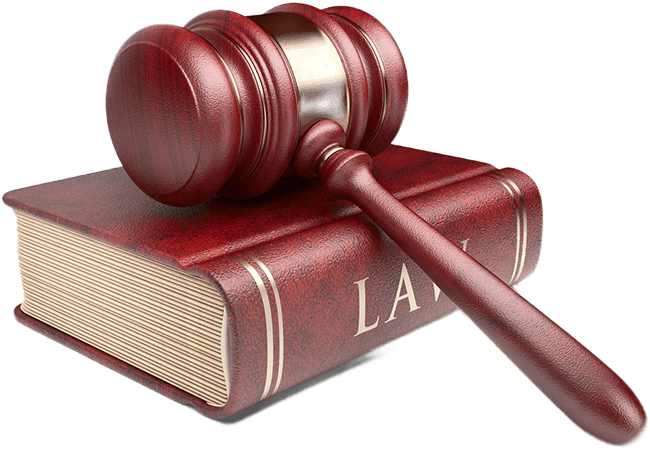
Facing a real estate issue?
Contact us to schedule a consultation and get expert legal advice tailored to your specific needs and circumstances.
OR CALL US NOW AT:
SHARE THIS ARTICLE:
Recent Posts
Get Expert Legal Advice


